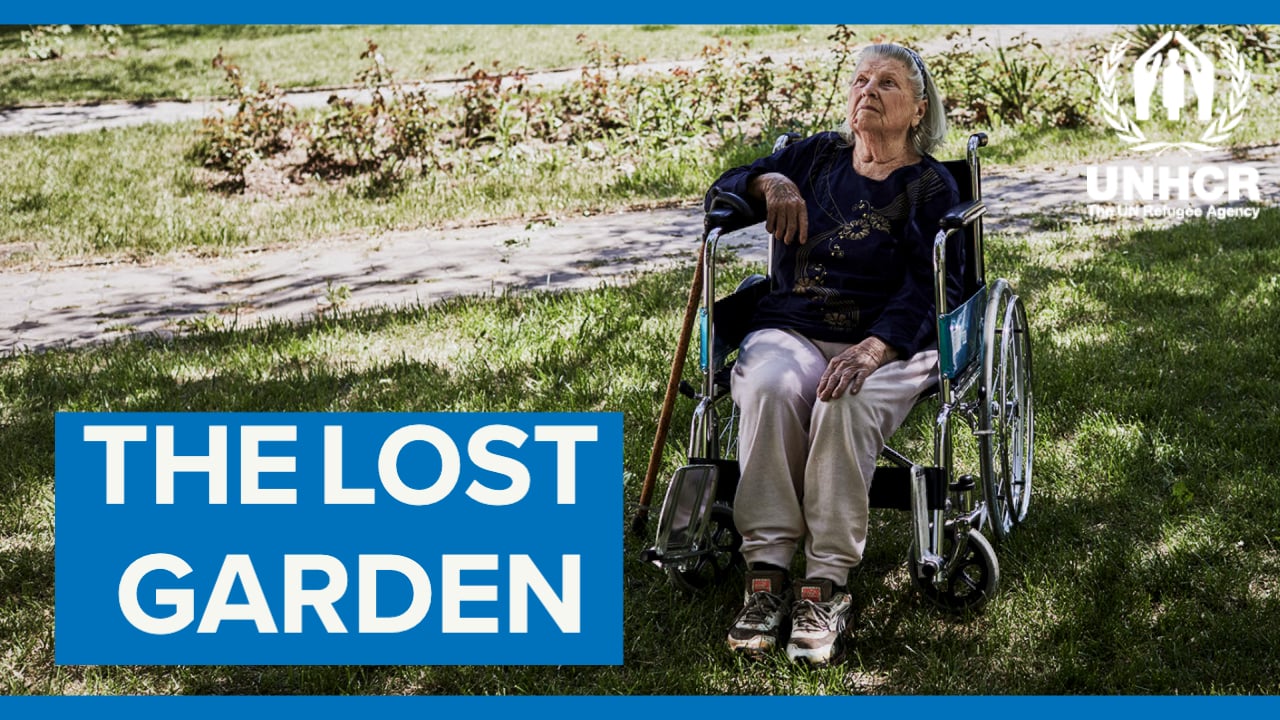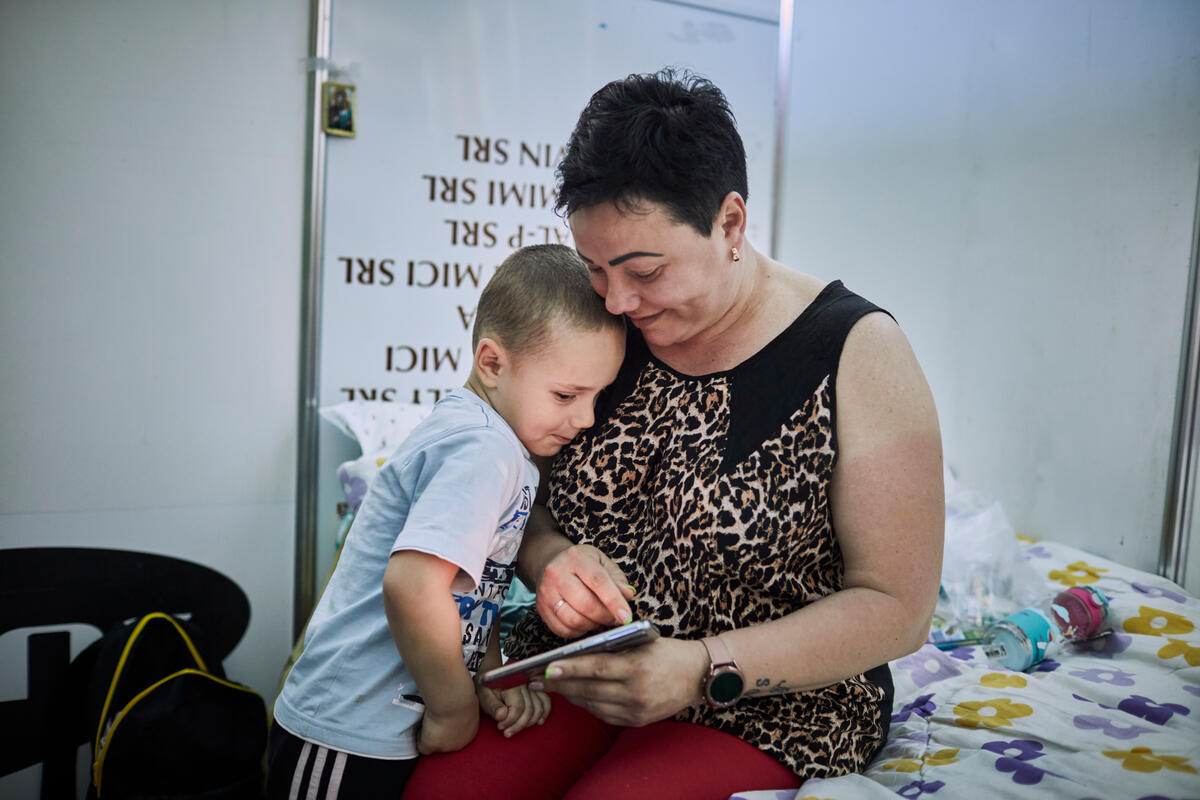Salzburg, taken aback by number of refugees, scrambled to set up reception facilities
Salzburg, taken aback by number of refugees, scrambled to set up reception facilities

SALZBURG, Austria, Sept 28 (UNHCR) - Nobody in Salzburg ever expected the refugee crisis to hit this close to home. So when Michael Haybäck, the city's director of public order, received a call at 8.30pm one night in early September, he had to think fast.
Martin Floss from the mayor's office was on the line. "He said that about 1,500 refugees will come in the next two hours," Haybäck recalled. "I was quite astonished. I made a call back and asked if the number was correct."
When Floss and Haybäck arrived at the train station, following talks with the Red Cross and politicians, the pair could barely believe their eyes. In an underground parking lot were over 1,000 desperate refugees who had travelled from war-torn countries like Syria and Iraq. Most planned to travel on to Germany.
"I had never seen that sort of thing before," Floss said in a soft voice. "It is an experience we will never forget."
At midnight the first camp beds came, and food was provided. Now, some three weeks later, beneath the hustle and bustle of Salzburg's main station, is a streamlined operation which welcomes around 450 refugees per day.
Within these walls, men, women and children take a rare opportunity to rest, either before seeking asylum in Austria or boarding a to Munich. Beds are squeezed into every available inch of space. Food, drinks, first aid, clothes, showers, a children's play area and electrical outlets are all on hand, thanks to organisations like the Red Cross, Caritas and the Boy Scouts.
"You have to handle the situation," said Floss, as he showed UNHCR around. "There is no sense in discussing whether it is good or bad. Here, you can't discuss. The trains come and you have to act."
But responding to an ever-growing crisis like this is no easy task and that evening Haybäck and Floss estimated that there were approximately 1,300 people there. Beds were in short supply.
At Salzburg's border with Germany, the situation was no different. When UNHCR arrived, hundreds of people were waiting on the bridge that acts as a dividing line. There were many women and children among them.
Everyone had a number that determined their position in the queue and, for those at the end of it, a temporary shelter nearby offered a place to sleep and await their turn.
After weeks of travelling, Amer, a signmaker from Damascus, finally neared the front. With him was his wife, an art teacher, and two children. Sharm, a four-year-old dressed head-to-toe in pink, perched on the railing. "I want to be a teacher!" said in reply to a question about what she wants to do in Germany. Her Mum beamed with pride. "She was born under a war," Amer said sadly.
Amer and his family plan to rebuild their shattered lives in Europe. But although the hardest moments of their journey were are now behind them, there is still so much to worry about. What will the future hold?
Back at the train station, Floss and Haybäck asked themselves the same question. All they can do is help out one day at a time. "It seems to be a never ending story," said Floss, and sighing added: "nobody knows how long it will last." But for him, Haybäck and all of the staff at Salzburg station, there was one crucial point to remember: "Nobody leaves their home without a reason."
By Kate Bond in Salzburg








